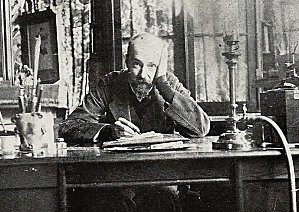I have continued to do my monthly write-ups for the Like Minds Business Breakfasts (although I have been lax in posting links to them here – sorry).
At the end of March, Ajaz Ahmed of AKQA came to the ME Hotel to talk about entrepreneurship and disruption – and his recent book, Velocity.
The talk was well attended. Read my Ajaz Ahmed report on the Like Minds site.


